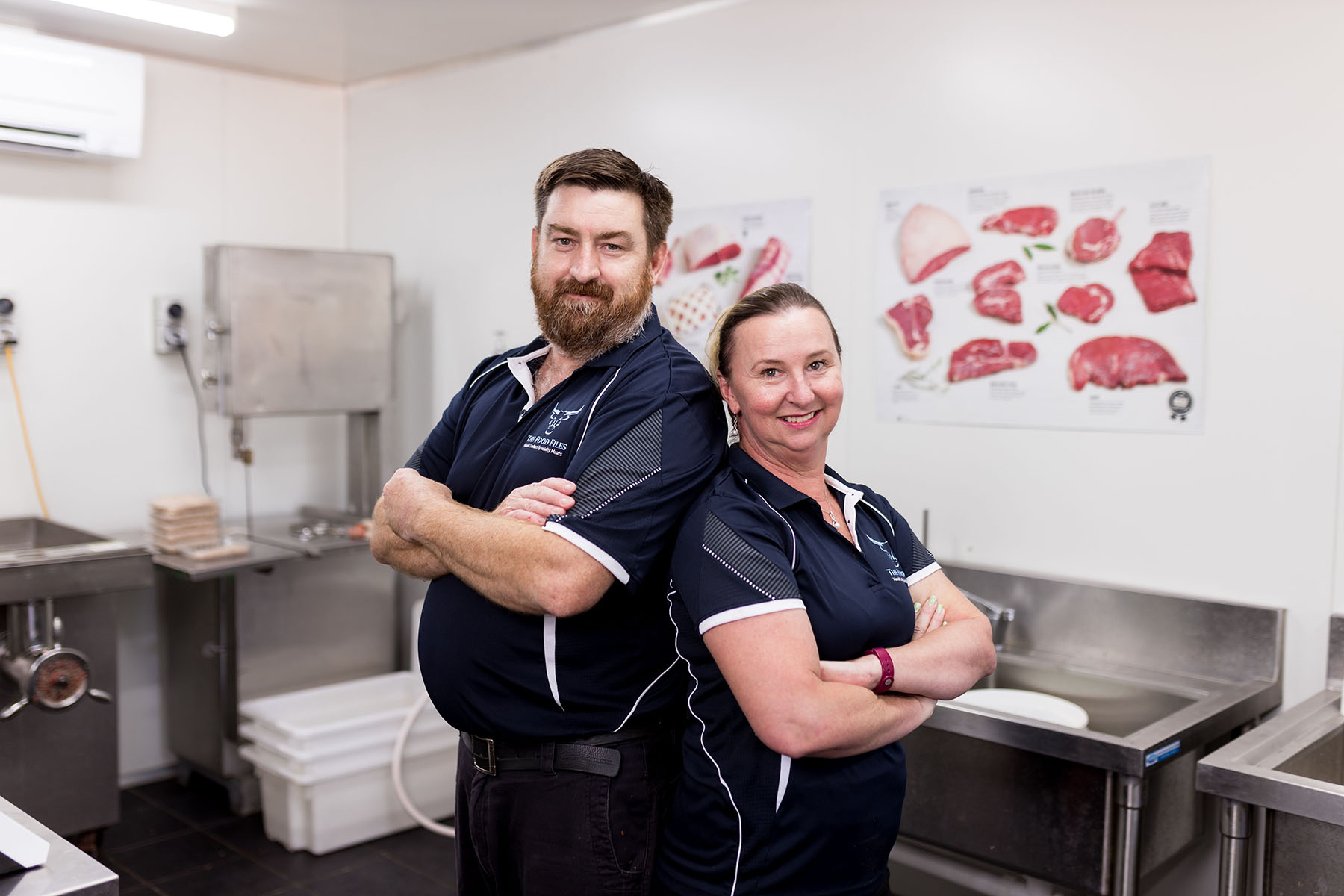Have you ever considered using your technical expertise to start your own consulting business?
While you’ll need to cover the usual starting a business tasks - including registering for tax (including your Australian Business Number), choosing a business structure and securing the necessary licences and permits – when you’re running a consulting business you’re in a unique situation; you are the product and the service. This can present challenges and opportunities to consider when deciding if this is the right career move.
Here are five thought starters to help guide your planning and decision making on the way to becoming a consultant.
1- Consider your end game
This may seem like an odd starting point, but starting at the end can help guide your business planning and the direction for your new business.
Is your goal in becoming a consultant to:
- replace your current job (with an eye to return to paid employment if the right opportunity arose)?
- run the consultancy as a one-person operation or to bring in other consultants to work for you?
- create a saleable product (with a client list and contracts) that you can then sell for a profit when you decide to move on from the business or retire?
There are many different models of consultancy and knowing which one you want to implement will help you design a business that suits your needs and goals.
2 - Determine the best use of your time
Running a consulting business involves more than just doing the work. You’ll need a number of additional skill sets, including:
- being able to market and sell your services to prospective clients
- managing your financial and tax obligations
- reviewing legal documents and contracts
- gathering requirements and preparing accurate quotes
- scheduling appointments and communicating with clients
- issuing invoices and chasing up debts.
With only so many working hours in the day, you’ll need to determine how to best use your time to maximise the number of income generating hours. Consider the following questions.
- What are your strengths and weaknesses?
- What are the things only you can do?
- What aspects of running your business could you delegate/outsource?
While it’s tempting to think you can save money by doing everything yourself, maximising your income-earning potential by outsourcing tasks such as bookkeeping, social media or marketing could help you focus on income generating activities. Building a support team is especially important for sole operators to create efficiency and avoid burnout.
3 - Plan your financials
Once you’ve determined which tasks you will do yourself and which you will outsource, you can start planning your business financials. This can include:
- determining start-up costs
- forecasting operating expenses
- calculating your hourly rate
- calculate your daily breakeven point.
Tip: Download our free financial management templates and calculators to help you plan your business financials.
4 - Consider the diversity of your client base
In business, having a diverse client base can help you maintain multiple streams of income and ensure you aren’t solely dependent on work from one industry/sector. The economy and business environment can change rapidly, so by having a range of clients can be a good way to reduce risk.
As part of your marketing plan ask yourself:
- Who are your clients?
- Does your consultancy lend itself to both the public and private sectors?
- What do clients need from you/what particular benefits can you provide?
- What sales and marketing strategies will you put in place to get your foot in the door with prospects?
- Who do you know who can introduce you to your ideal clients?
5 - Managing clients and quoting
Two of the most important aspects of running a consulting business include managing clients and accurate quoting. This will help you maintain a happy customer base (who are then more likely to recommend you to others) and run a profitable business.
- Get to know your potential clients and their needs before accepting the work. This way, you can ensure you understand their business (including how mature the business is, how prepared they are to proceed with the work after you’ve quoted and their capacity to pay you once the work is complete) and if they are the kind of client you’re looking for.
- Think back to your business plan. Part of being a business owner is not being afraid to say no to work that won’t help you achieve your goals or people wanting to ‘pick your brains’ for no financial return. Remember, you are selling your expertise built over many years, so don’t give it away for free.
- Have the right systems in place when preparing quotes. This includes having a process for handling any variations to the original scope of the work, having a strategy if clients aren’t ready to start on your planned commencement date and ensuring you have communicated clearly defined milestones and outputs, including billing stages.
- Set and maintain clear client expectations early in the relationship (having a formal letter of engagement that both you and the client sign will help set these expectations). Are you ‘on call’ at any time or are there set business hours when you will make yourself available to them? It may be helpful to prepare an introductory information sheet with these details to present to potential clients in your initial meeting, so you can ensure you are working with those who are a good fit.
Becoming a consultant is a good option for people who wish to help other organisations by applying their knowledge and experience in a particular area. By considering exactly what sort of model your consultancy will take before you start, you will give yourself the best chance of creating a profitable and flexible business based on your expertise.
More information
If you’re looking for more information or guidance on starting a business, we have a range of free resources available to help, including:




